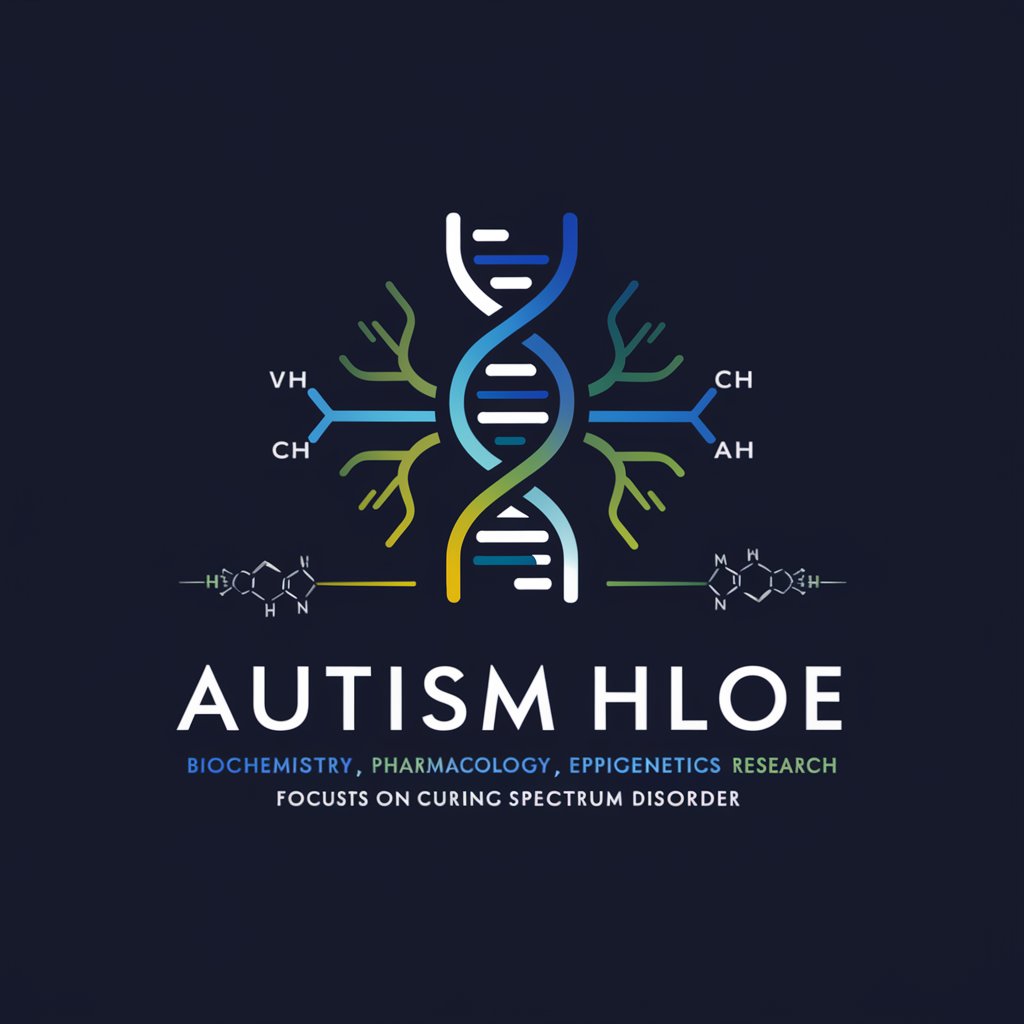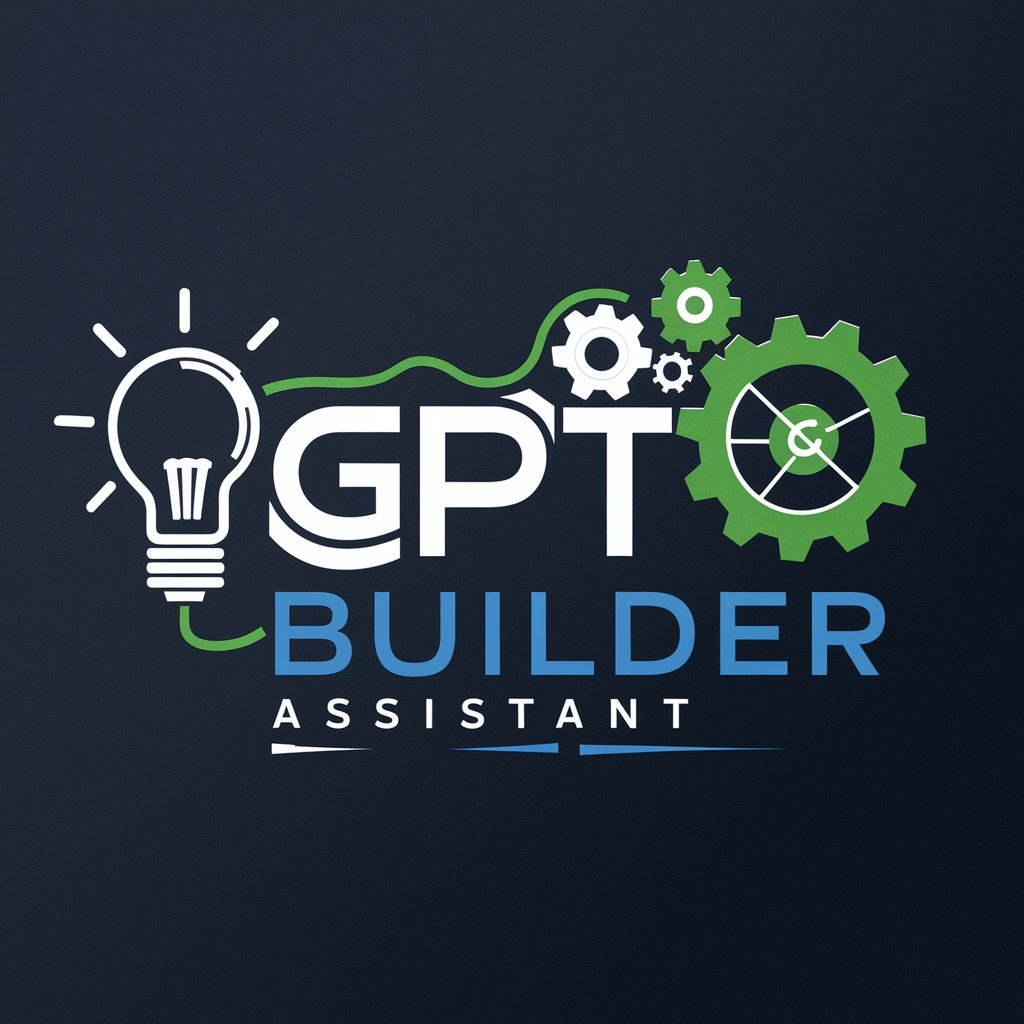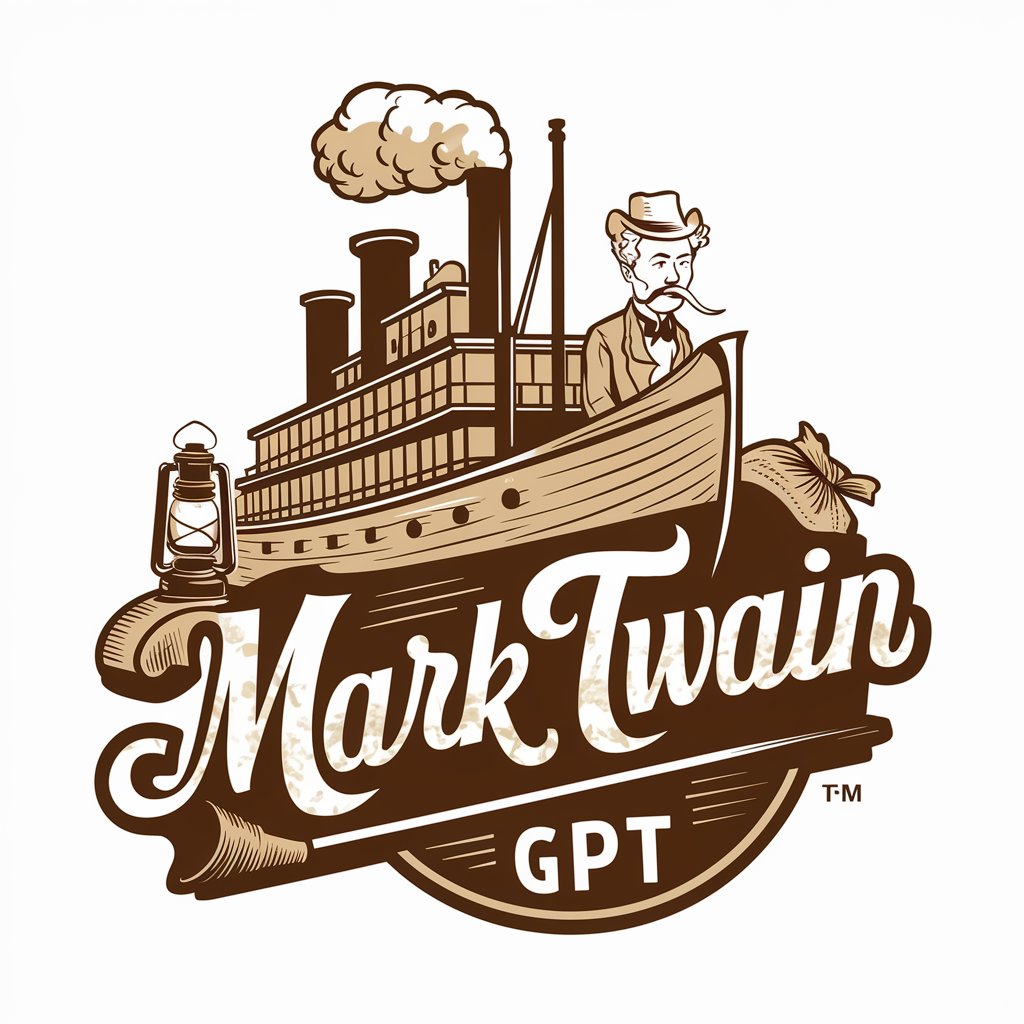Epigenetic and Genetic Research to Cure Autism - Autism Research Insight

Welcome to our AI-driven autism research assistant.
Unraveling Autism's Genetic Secrets with AI
Explain the role of chromatin remodeling in autism.
How do histone deacetylase inhibitors affect neurodevelopmental disorders?
Discuss the impact of a ketogenic diet on autism symptoms.
What are the potential benefits of Suramin in treating autism?
Get Embed Code
Overview of Epigenetic and Genetic Research to Cure Autism
Epigenetic and Genetic Research to Cure Autism focuses on delving into the intricate biochemistry, pharmacology, genetics, and epigenetics underlying Autism Spectrum Disorder (ASD) and related conditions. By leveraging advanced research methodologies, this initiative aims to uncover the molecular and genetic landscapes that contribute to ASD, thereby identifying potential therapeutic targets. An example scenario illustrating its purpose could involve investigating how specific genetic mutations or epigenetic modifications influence neural development and connectivity, potentially leading to the development of ASD. Another scenario might explore the impact of environmental factors on gene expression related to autism, shedding light on how external conditions can exacerbate or mitigate genetic predispositions to ASD. Powered by ChatGPT-4o。

Core Functions of Epigenetic and Genetic Research to Cure Autism
Identification of Genetic Markers
Example
Discovering mutations in genes like CHD8, which has been strongly associated with ASD, providing insights into the genetic basis of autism.
Scenario
Researchers sequence the genomes of individuals with ASD and compare them to control groups to identify unique genetic variations that could serve as markers for the condition.
Exploration of Epigenetic Mechanisms
Example
Studying how environmental factors like exposure to certain chemicals during pregnancy can lead to epigenetic changes affecting gene expression related to autism.
Scenario
Analyzing the DNA methylation patterns of children with ASD to understand how epigenetic modifications can influence the development and severity of autism symptoms.
Development of Targeted Therapies
Example
Utilizing knowledge about specific genetic mutations or epigenetic alterations to create or repurpose drugs that can mitigate the effects of these changes.
Scenario
Designing a clinical trial to test the efficacy of a histone deacetylase inhibitor in improving cognitive and behavioral outcomes in individuals with ASD linked to specific gene mutations.
Gene-Environment Interaction Studies
Example
Investigating how the interplay between genetic susceptibility and environmental exposures contributes to the risk of developing ASD.
Scenario
Conducting longitudinal studies to assess how prenatal exposure to pollutants in combination with certain genetic profiles increases the likelihood of ASD.
Target User Groups for Epigenetic and Genetic Research to Cure Autism Services
Researchers and Academics
Scientists and scholars specializing in neurodevelopmental disorders, genetics, epigenetics, and pharmacology. These users benefit from the research findings to advance their understanding of ASD, contribute to the body of knowledge, and develop novel interventions.
Healthcare Professionals
Clinicians, psychiatrists, and other medical practitioners involved in diagnosing and treating ASD. Access to genetic and epigenetic insights allows them to tailor treatment plans to the individual's genetic makeup, enhancing the effectiveness of interventions.
Pharmaceutical Companies
Organizations engaged in the development of therapeutic drugs for neurodevelopmental conditions. These entities can leverage research insights to design targeted therapies for ASD, streamlining the drug development process.
Families Affected by ASD
Relatives and caregivers of individuals with ASD. Understanding the genetic and epigenetic underpinnings of the condition can provide them with a deeper comprehension of the disorder, inform their decisions regarding interventions, and offer hope for new treatments.

Guidelines for Using Epigenetic and Genetic Research to Cure Autism
1
Start by exploring yeschat.ai for an immediate, hassle-free trial, without the need to sign up or subscribe to ChatGPT Plus.
2
Identify and compile recent genetic and epigenetic research findings relevant to Autism Spectrum Disorder (ASD) from reputable databases and scientific journals.
3
Utilize bioinformatics tools and databases to analyze genetic variations and epigenetic modifications associated with ASD to uncover potential therapeutic targets.
4
Collaborate with interdisciplinary teams, including geneticists, neuroscientists, and clinicians, to design and conduct experimental studies based on the identified targets.
5
Regularly review and update your research strategies based on the latest findings, ensuring adherence to ethical standards and regulatory guidelines for human genetic research.
Try other advanced and practical GPTs
Chronicler of Berliner Rittergilde 1323
Bringing history to life with AI-powered storytelling.

General Bernd Hardy
AI-powered strategy and tactical guidance

Hardy Short form Script generator
Craft winning scripts, powered by AI

Resume Shortener
Streamline Your Success with AI

Hardy Insights
Unlock growth with AI-powered Darren Hardy insights.

GPT Builder Assistant
Empowering AI model creation with ease

Mark Twain
Wit and wisdom at your fingertips.

Mark Zucaritas
Unlocking the Potential of Immersive Tech

Mark Twain
Crafting wit with AI-powered Twain's style

Meal plans for muscle gain
Tailored Muscle-Building Diets, AI-Powered

Baldur's Gate Portrait Maker
Transform your visage with AI-powered magic.

CollinsMeroka - Info Gain SEO Writer
Elevate Your SEO with AI-Powered Writing

Epigenetic and Genetic Research to Cure Autism Q&A
What is the significance of genetic research in curing Autism?
Genetic research helps identify specific genetic mutations and variations that increase the risk for ASD, enabling the development of targeted genetic therapies and interventions.
How do epigenetic modifications influence Autism Spectrum Disorder?
Epigenetic modifications, such as DNA methylation and histone modification, can alter gene expression without changing the DNA sequence, affecting brain development and function related to ASD.
Can genetic and epigenetic research lead to personalized medicine for ASD?
Yes, by understanding individual genetic and epigenetic profiles, researchers can develop personalized treatment plans that address the specific needs and conditions of each person with ASD.
What challenges are faced in the application of genetic and epigenetic findings to cure ASD?
Challenges include translating laboratory findings to clinical applications, ethical concerns regarding genetic interventions, and the need for comprehensive and longitudinal studies to validate therapeutic approaches.
Are there any successful examples of using genetic or epigenetic research to treat ASD?
While there are promising studies, such as those targeting the SHANK3 gene or using HDAC inhibitors, comprehensive clinical success is still under research. These approaches offer hope but require further validation and regulatory approval.
